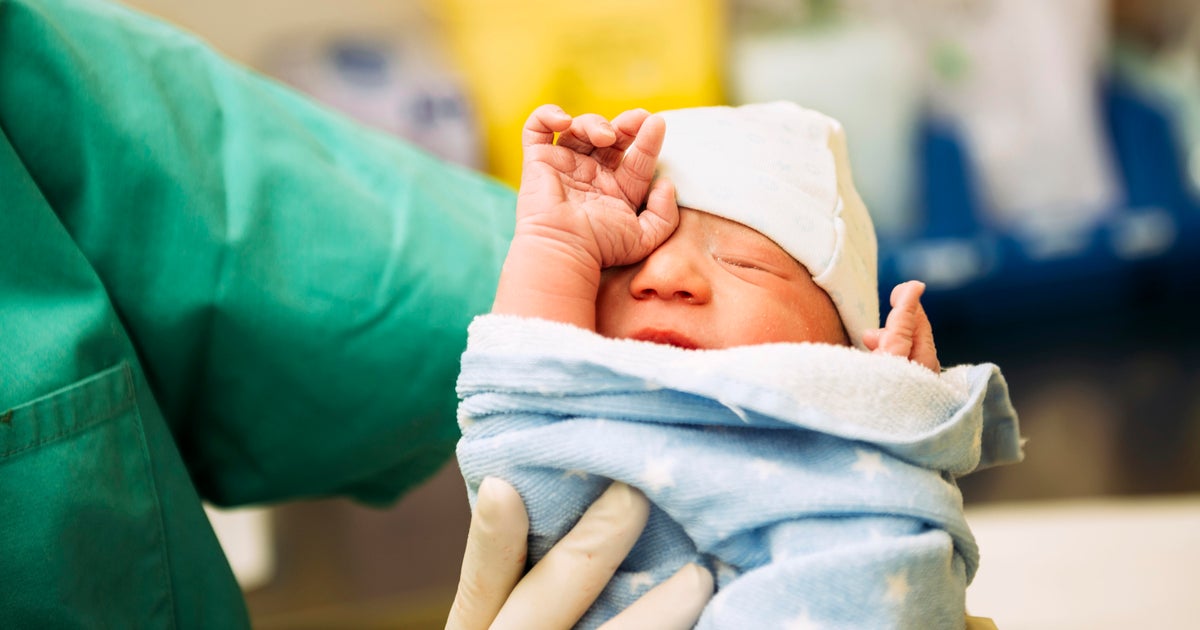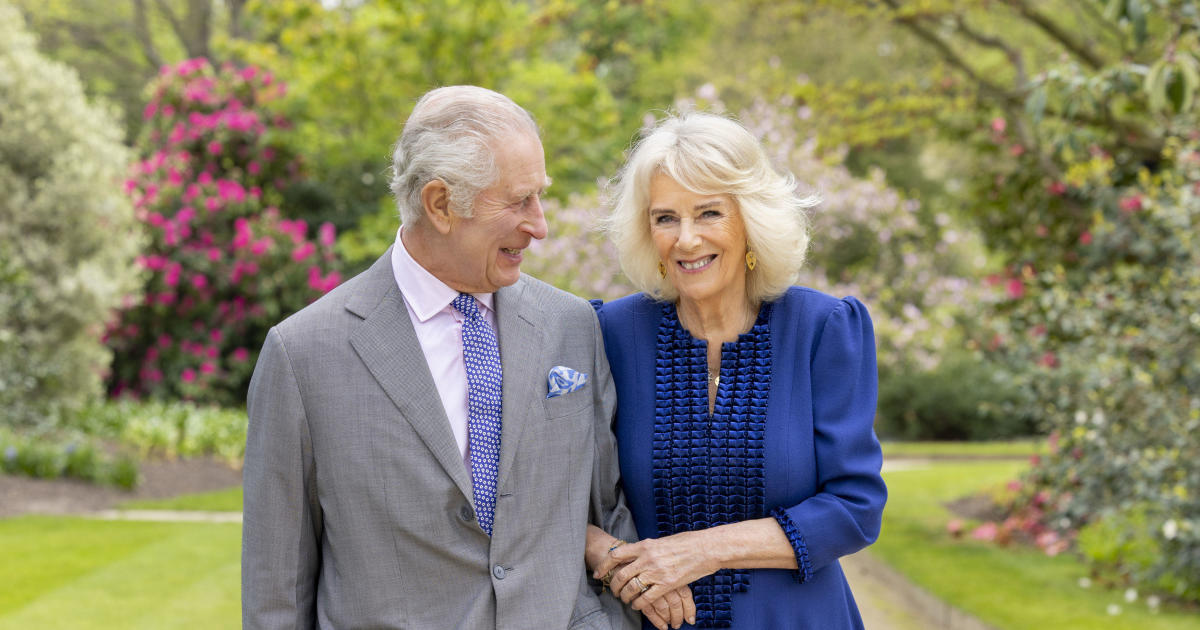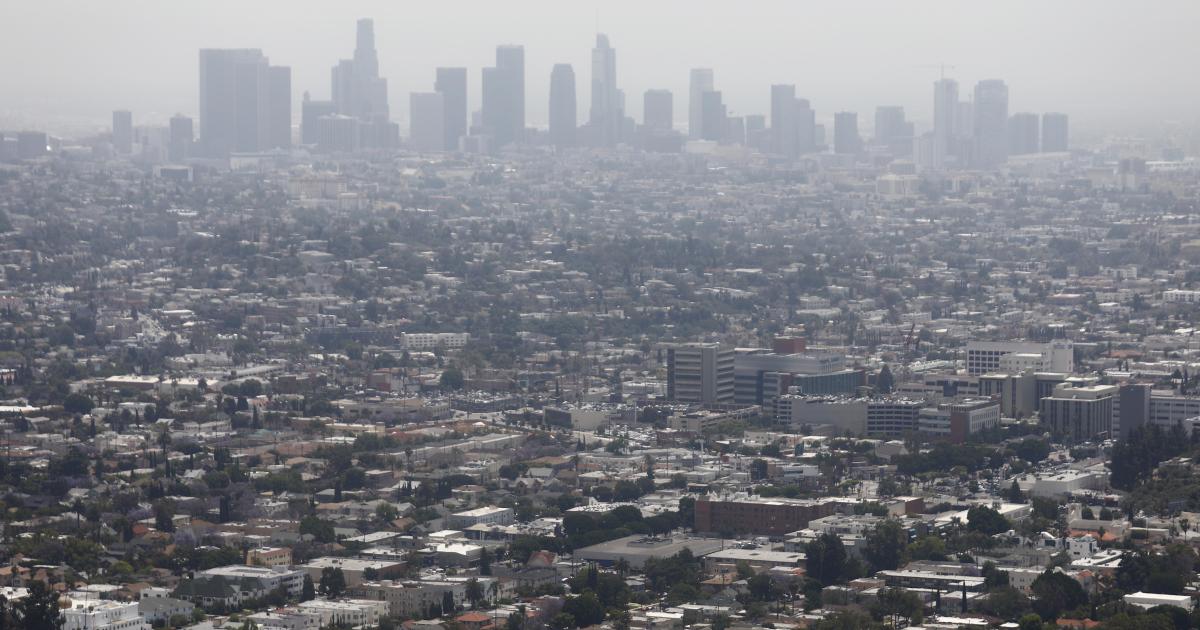U.S. COVID death toll hits 700,000
The United States reached its latest heartbreaking pandemic milestone Friday, eclipsing 700,000 deaths from COVID-19 just as the surge from the Delta variant is starting to slow down and give overwhelmed hospitals some relief.
It took 3 ½ months for the U.S. to go from 600,000 to 700,000 deaths, driven by the variant's rampant spread through unvaccinated Americans. The death toll is larger than the population of Boston.
This milestone is especially frustrating to public health leaders and medical professionals on the front lines because vaccines have been available to all eligible Americans for nearly six months and the shots overwhelmingly protect against hospitalizations and death. An estimated 70 million eligible Americans remain unvaccinated, providing kindling for the variant.
"You lose patients from COVID and it should not happen," said Debi Delapaz, a nurse manager at UF Health Jacksonville who recalled how the hospital was at one point losing eight patients a day to COVID-19 during the summer surge. "This is something that should not happen."
Despite the rising death toll, there are signs of improvement.
Nationwide, the number of people now in the hospital with COVID-19 has fallen to somewhere around 75,000 from over 93,000 in early September. New cases are on the downswing at about 112,000 per day on average, a drop of about one-third over the past 2 ½ weeks.
Deaths, too, appear to be declining, averaging about 1,900 a day versus more than 2,000 about a week ago.
The easing of the summer surge has been attributed to more mask wearing and more people getting vaccinated. The decrease in case numbers could also be due to the virus having burned through susceptible people and running out of fuel in some places.
In another development, Merck said Friday its experimental pill for people sick with COVID-19 reduced hospitalizations and deaths by half. If it wins authorization from regulators, it will be the first pill for treating COVID-19 — and an important, easy-to-use new weapon in the arsenal against the pandemic.
All treatments now authorized in the U.S. against the coronavirus require an IV or injection.
Dr. Anthony Fauci, the government's top infectious disease specialist, warned on Friday that some may see the encouraging trends as a reason to remain unvaccinated.
"It's good news we're starting to see the curves" coming down, he said. "That is not an excuse to walk away from the issue of needing to get vaccinated."
Unknowns include how flu season may strain already depleted hospital staffs and whether those who have refused to get vaccinated will change their minds.
"If you're not vaccinated or have protection from natural infection, this virus will find you," warned Mike Osterholm, director of the University of Minnesota's Center for Infectious Disease Research and Policy.
Like many other health professionals, Natalie Dean, a professor of biostatistics at Emory University, is taking a cautious view about the winter.
It is unclear if the coronavirus will take on the seasonal pattern of the flu, with predictable peaks in the winter as people gather indoors for the holidays. Simply because of the nation's size and diversity, there will be places that have outbreaks and surges, she said.
What's more, the uncertainties of human behavior complicate the picture. People react to risk by taking precautions, which slows viral transmission. Then, feeling safer, people mingle more freely, sparking a new wave of contagion.
"Infectious disease models are different from weather models," Dean said. "A hurricane doesn't change its course because of what the model said."
One influential model, from the University of Washington, projects new cases will bump up again this fall, but vaccine protection and infection-induced immunity will prevent the virus from taking as many lives as it did last winter.
Still, the model predicts about 90,000 more Americans will die by January 1 for an overall death toll of 788,000 by that date. The model calculates that about half of those deaths could be averted if almost everyone wore masks in public.
"Mask wearing is already heading in the wrong direction," said Ali Mokdad, a professor of health metrics sciences at the university. "We need to make sure we are ready for winter because our hospitals are exhausted."



